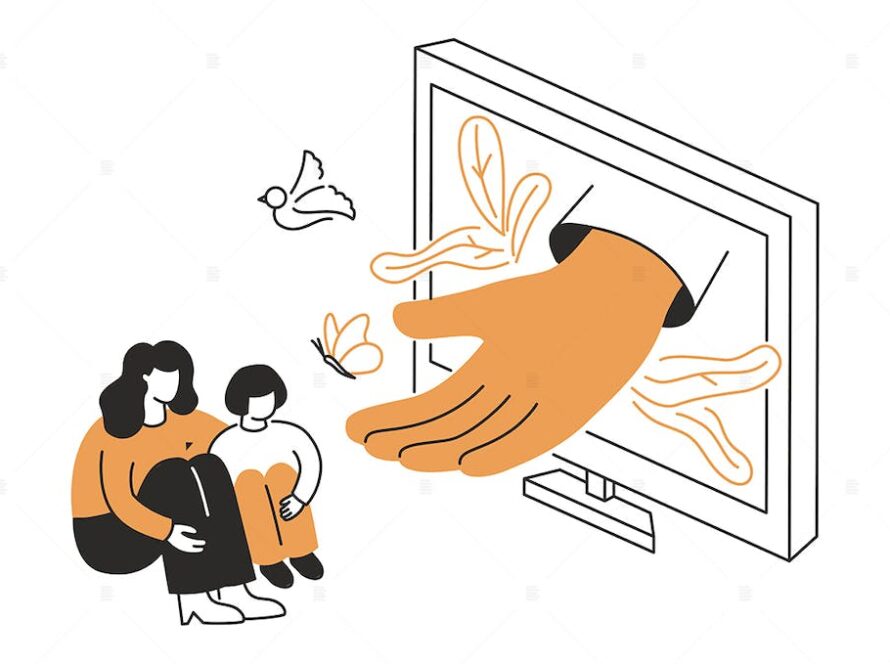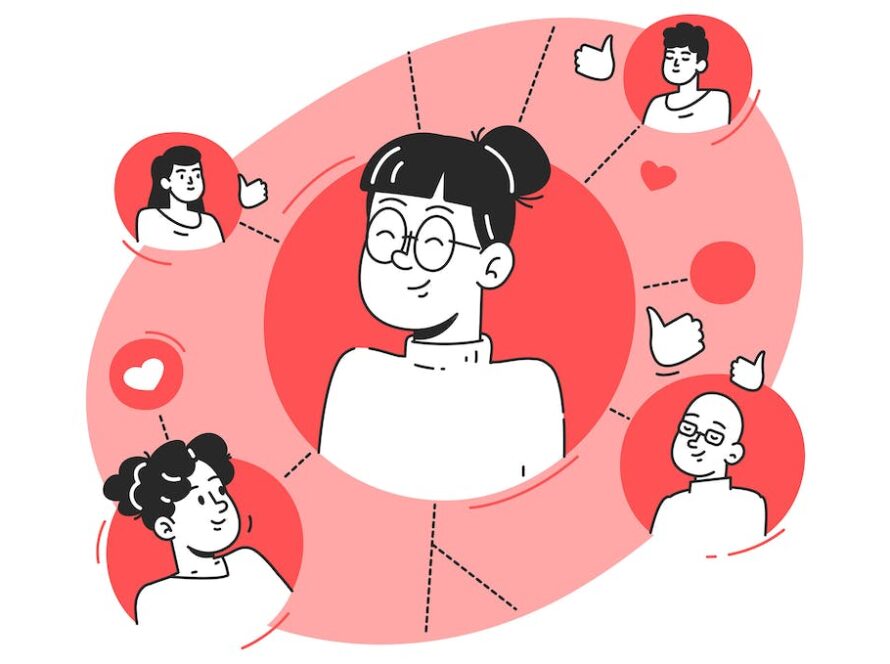Introduction
Mental health is an essential aspect of our overall well-being, influencing how we perceive and navigate the world around us. Just as we prioritize our physical health by seeking medical attention when needed, taking care of our mental health is equally vital. Engaging in conversations with a qualified therapist can provide valuable insights, coping strategies, and emotional support. However, some individuals may be hesitant to discuss their mental health openly, fearing judgment or stigma. It’s essential to understand that your mental health is a personal and confidential matter, shared only between you and your therapist.
The Therapeutic Alliance: A Confidential Space
When you choose to seek therapy, you enter into a therapeutic alliance with your mental health professional. This alliance is built on trust, empathy, and confidentiality. Licensed therapists adhere to strict ethical guidelines, ensuring that the information shared during therapy sessions remains confidential. This means that you can discuss your deepest fears, vulnerabilities, and emotional struggles without fear of your information being disclosed to others.
Therapists are Bound by Professional Ethics
Mental health professionals, including psychologists, counselors, and psychiatrists, are bound by professional ethics and legal requirements to maintain the privacy of their clients. They cannot disclose any information about your therapy sessions without your explicit consent, except in specific situations where there is a risk of harm to yourself or others. This confidentiality fosters a safe environment for you to explore your thoughts and emotions freely, knowing that your private matters will not be exposed to anyone else.
Breaking the Stigma: Seeking Help is Empowering
Despite progress in mental health awareness, stigma still surrounds the topic in some communities and cultures. As a result, many individuals may be hesitant to seek therapy or share their struggles openly. However, it is essential to remember that seeking help for mental health concerns is a sign of strength, not weakness. Just like we visit a doctor when we have physical ailments, reaching out to a therapist is an empowering step towards emotional healing and personal growth.
Confidentiality in Digital Age
With the increasing reliance on digital communication, concerns about online privacy and data security have become prevalent. When it comes to mental health, it’s crucial to choose reputable and secure platforms for online therapy sessions or any electronic communication with your therapist. Reputable mental health professionals use encrypted platforms and take necessary precautions to protect your personal information and maintain confidentiality.
Empowerment through Self-Care and Mental Health Advocacy
In addition to therapy, nurturing your mental health involves practicing self-care and mindfulness. Engaging in activities that bring joy and fulfillment can positively impact your mental well-being. Additionally, advocating for mental health awareness in your community can help reduce stigma and encourage others to prioritize their emotional well-being.
Conclusion
Your mental health is a precious and private aspect of your life. Seeking therapy is a courageous step towards self-improvement and healing. Remember that therapists are bound by strict ethical codes to maintain confidentiality, providing you with a safe and non-judgmental space to explore your emotions and challenges. Embrace the power of positive thinking by taking charge of your mental well-being, seeking help when needed, and fostering a supportive environment that promotes mental health awareness and acceptance. Together, we can break the barriers of stigma and create a world where mental health is openly acknowledged and cherished.



